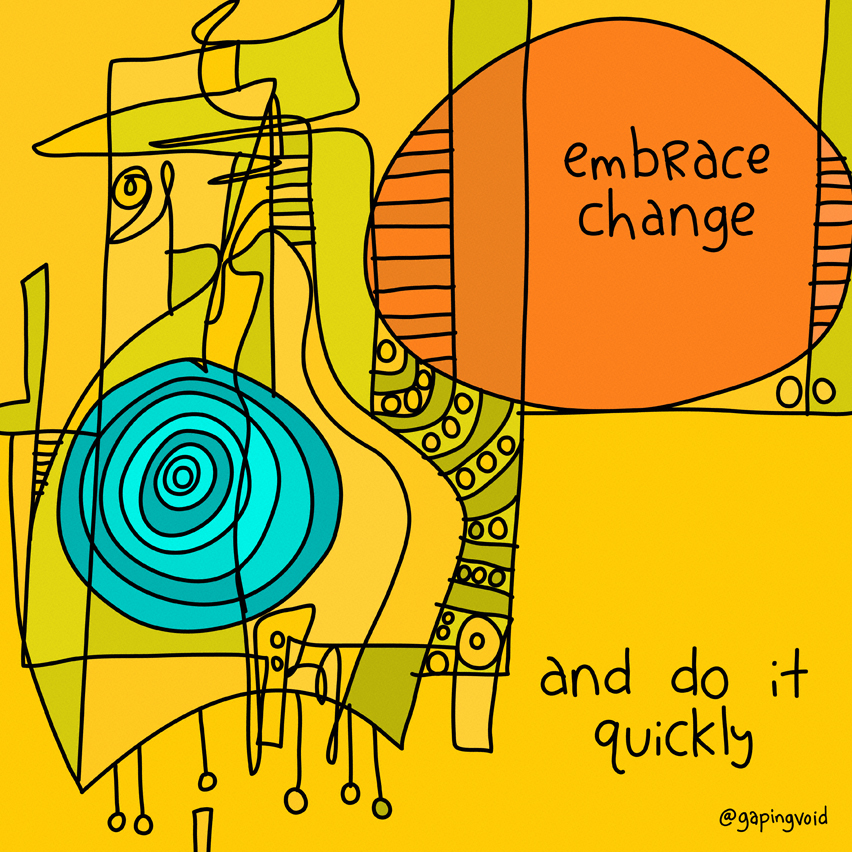
Finding a Job or Internship
Do you want to go directly to job and internship listings? If so, visit Handshake.
But if you want more instruction (or you’ve started searching and it’s not working) take some time to familiarize yourself with the steps outlined below.
Finding a job or internship takes more strategizing than you may think! To make the most of your time, you'll want to:
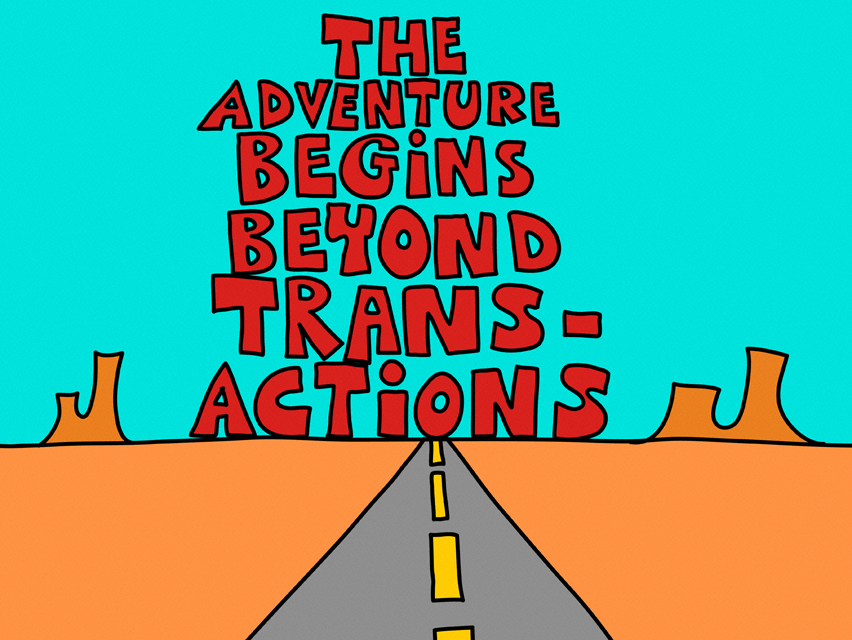
Start With Your End Goal In Mind
Not sure what that end goal may be? Well, without a clear focus other students have indicated that the job/internship searching can feel overwhelming. Before you link to a job/internship posting board, consider answering these questions to guide your search:
- What types of job/internship are you looking for? What industries are you interested in? What keywords will help you find those opportunities?
- What types of past experiences have you had that you enjoyed (volunteer, student organization, high school club)? Are there jobs that would mirror some of those same experiences?
- What classes are you enjoying and doing well in? Are there careers that would tap into those courses?
- Pro-tip: Join a UCC Career Track to learn about industry-specific events, jobs, and trends.
- Are there any organizations that you already know you want to target? Do some background research about them (LinkedIn articles, google recent articles). Know what they do, which sector they operate in, and current trends in that industry.
- What skills/competencies do you have that you should highlight to an employer?
- Are there skills you wish you had that you could start to develop? What are some ways to start working on those skills?
Not sure about any of these questions or how to fit the pieces of the puzzle fit together? Schedule an exploring options appointment with a UCC Career Coach.
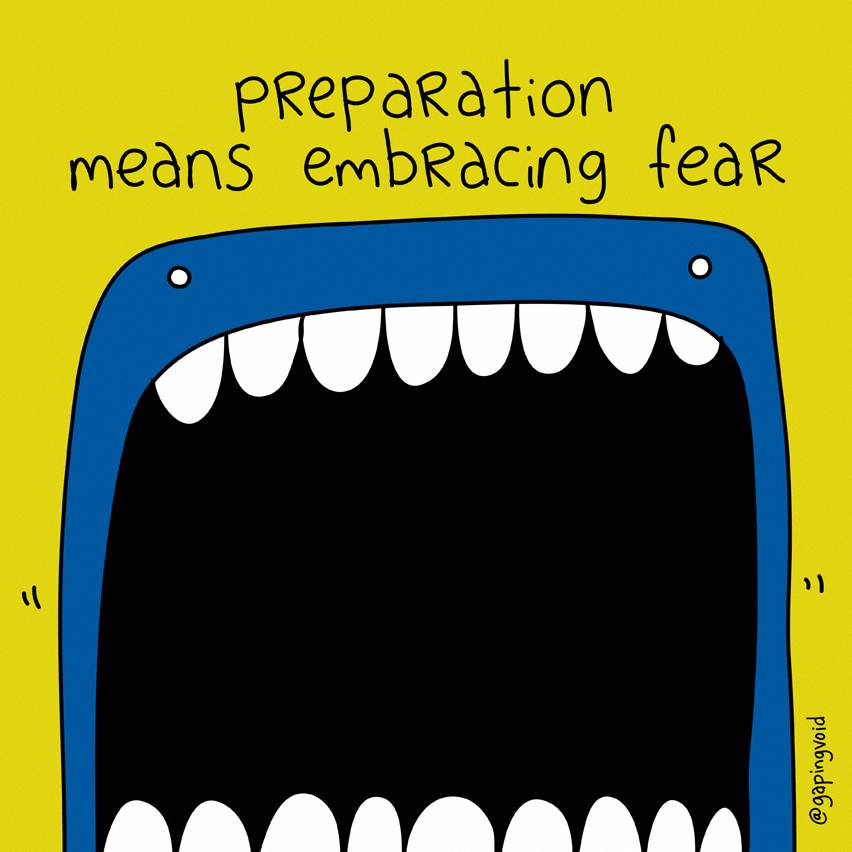
First Things First: Prepare Your Resume, Cover Letter, And More
Once the ball starts rolling on your search, you’ll need to be able to quickly showcase your qualifications to employers and connections. As you begin your search, you’ll want to have:
- Resumes
- You’ll eventually end up tailoring your resumes to specific jobs, but creating your resume early or freshening up an existing resume makes things easier when it’s time to apply. Once you feel confident with your draft, you can use it as a foundation to then tailor it to the different roles to which you are applying.
- Cover Letters
- Cover Letters aren’t always required, but getting familiar with what to include before you start applying can help you easily create one when it is required. Even when not required, if there is an option to submit one and it is an organization you are interested in, expressing that interest in a cover letter that highlights your skills and experiences can go a long way.
- Digital Profiles
- Your digital “brand” is important in this virtual environment. You’ll want to make sure your online and social media profiles are complete and showcase you well when employers are searching online for candidates. By freshening up your profiles, these tools can start working for you by notifying you of targeted job postings recommendations and connections. We recommend starting with profiles on LinkedIn, Handshake, UCAN.
- Interviews
- Plan ahead! Interviewing is a SKILL -- you want to get good at it! Interviews can be scheduled on short timelines in a search process, so get ahead of the game by preparing and practicing.
The UCC coaches are here to support you with all your preparation for interviews, resumes, cover letters, sharpening your online tools like LinkedIn, and learning tips to best leverage Handshake. Make an appointment for more help.
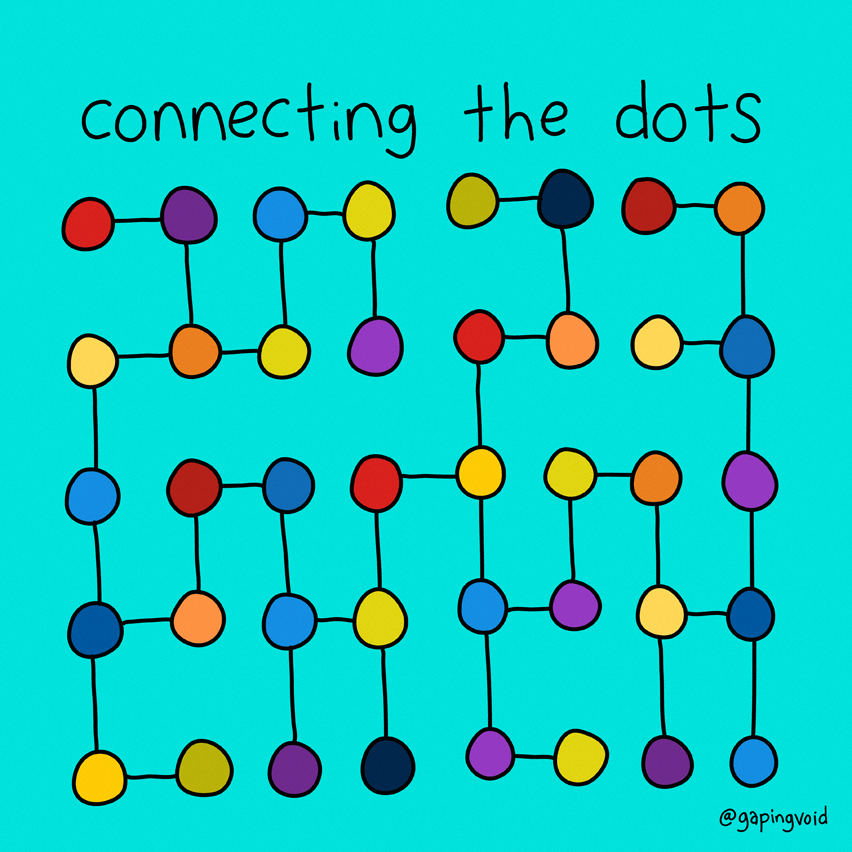
Skills Employers Are Looking For
Do you know the career readiness skills that employers are looking for?
What are they and how do you get started on developing them? Chances are, you are already doing it and you just need to reframe your experiences. Through classes, internships, on/off-campus jobs, and campus involvement. All of these experiences help develop these skills. It's your job to continue to develop and seek out opportunities and translate those experiences for employers.
For employers, career readiness plays an important role in sourcing talent, providing a means of identifying key skills and abilities across all job functions.
There are eight career readiness skills, each of which can be demonstrated in a variety of ways. Review a definition of each skill below. You'll also find action words that can help translate those experiences on your resume and cover letter.
- CAREER & SELF-DEVELOPMENT
- COMMUNICATION
- CRITICAL THINKING
- EQUITY & INCLUSION
- LEADERSHIP
- PROFESSIONALISM
- TEAMWORK
- TECHNOLOGY
Note: Career Readiness Competencies reproduced/reprinted courtesy of the National Association of Colleges and Employers.
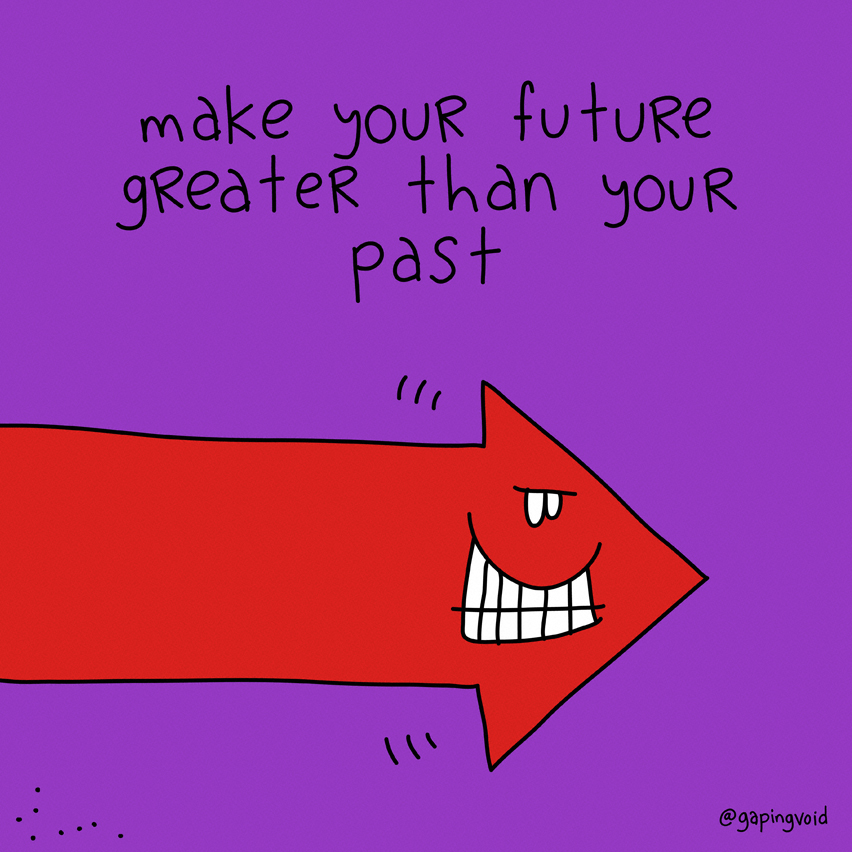
Develop A Plan To Get And Stay Organized
The best advice other students have shared is to start early when looking for a job/internship: National statistics show that most searches take 3-6 months. Make the most of your time by developing a strategy that allows you to maximize the time you have available.
Resist the urge to spend all of your time dropping the same resume into large job posting boards. That’s not a job/internship search! Recent studies indicate between 60-70% of jobs are obtained through word of mouth/networking.
Now, this doesn’t mean you should ignore job boards- use those too! Organize your search (and your time) so you can prioritize specific employers that interest you, have great opportunities, or are in fields of interest and then seek out alumni and other professionals in those areas to talk with to get a better understanding of how to succeed (AND uncover opportunities that you may not have known about).
Here’s a strategy to stay organized. Create a spreadsheet with three tabs:
- Organizations to Target
- Create a list of 30-40 organizations you want to target. This is your “prospect list”. Pick a few at a time to focus on and continue to work through your list. Go to the organizations’ websites to see if they are hiring and at the same time learn more about them. Reach out to a recruiter to learn about their hiring process and also any U-M alumni at the organization for an informational interview. You always want to learn more about the organization and how to stand out as a top candidate for their positions.
- Contacts
- Search UCAN and LinkedIn for alumni who can help you navigate your search and give you insight into their organization or industry. Track your outreach so you remember when to check back in with them (AND the key step, documenting that you sent a thank you note!). So many people are excited when college students reach out and they are more than willing to talk and be helpful (especially alumni from Michigan!)
- Applications
- Track your applications in one place so you never miss a deadline. Check out our job/internship search template to get started. Check on applications that you haven’t received any feedback on to see where those organizations are in their processes and express your continued interest.
Consider using alerts on your calendar or phone to remind you about application deadlines.
Meet with UCC Career Coaches for a job search appointment or internship lab if you find yourself at a standstill, need help generating more options, or have other questions!
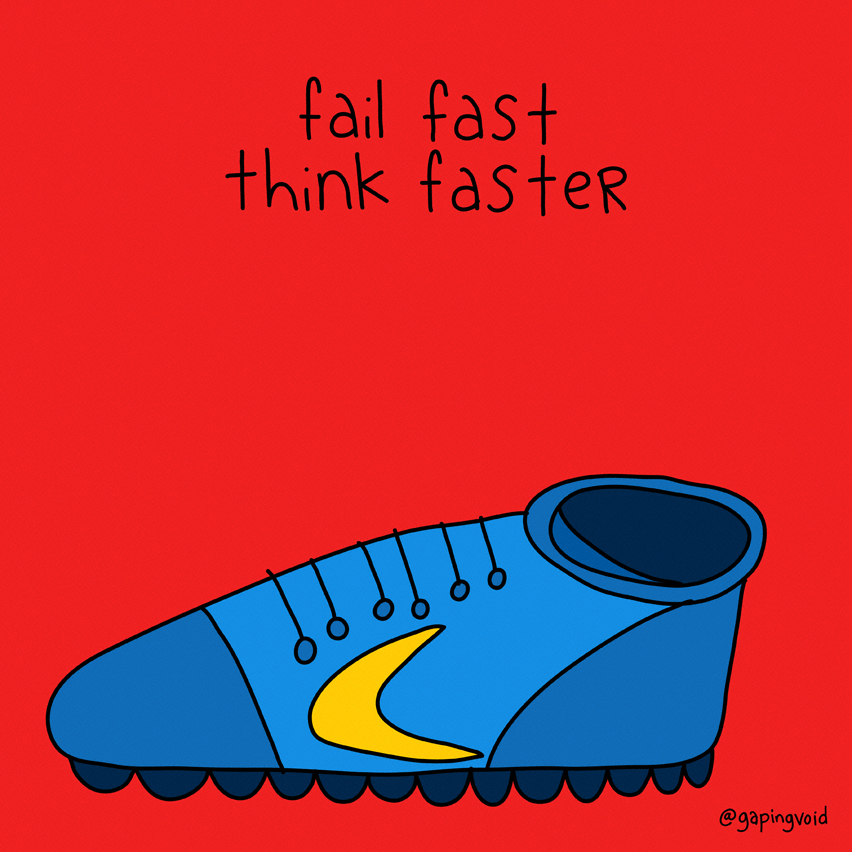
Research To Get Familiar With Positions/Industries
Take time to do research on the organizations on your prospect list and those to which you would like to apply. Here are some good resources to get you started:
- Organization’s Website: Check the “About” and “Mission” sections, as well as “Careers” and/or “Apply for Jobs”
- Glassdoor: Read overviews of a variety of organizations, employee reviews, salary information and potential interview questions that may have been asked of past candidates.
- Handshake: Check out the employer’s profile page and students’ reviews of that employer.
- UCAN: Tap U-M alumni and schedule some informational interviews with individuals who work at organizations that interest you to learn more.
- LinkedIn: Check out the organization’s LinkedIn page to learn more, check out their posts, and find someone working there there who you may ask for a 15 minute informational interview.
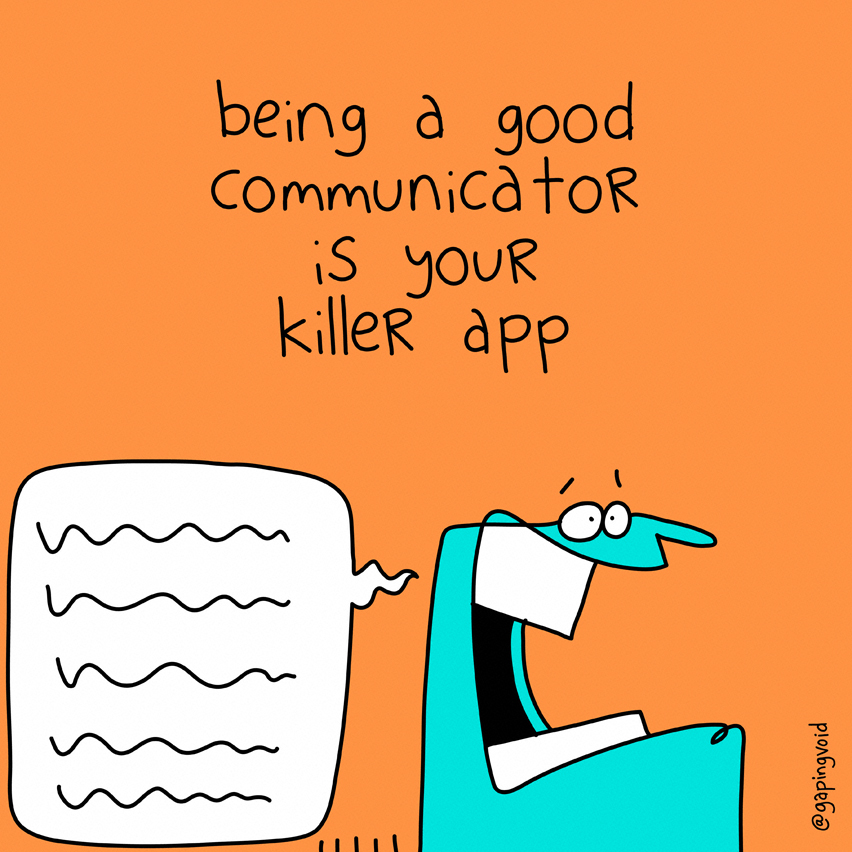
The More People You Talk To, The Closer You Will Get To An Opportunity -- It’s Networking!
Networking is the single most effective way to optimize your job search. Don’t get stuck in a rut spending hours everyday hitting “submit” for jobs posted on unwieldy job boards. By networking you gain access to people who can give you advice, help you navigate how to be successful, share with you opportunities they hear about, and sometimes get you connected to other professionals so you can keep expanding your connections!
U-M alumni are an excellent place to start:
- UCAN- University Career Alumni Network has thousands of alumni volunteers who are willing to talk with you, answer your career questions and offer their advice.
- LinkedIn U-M Alumni Tool- LinkedIn has over 300,000+ U-M alumni on the platform. There you can find alumni in every industry and in thousands of organizations.
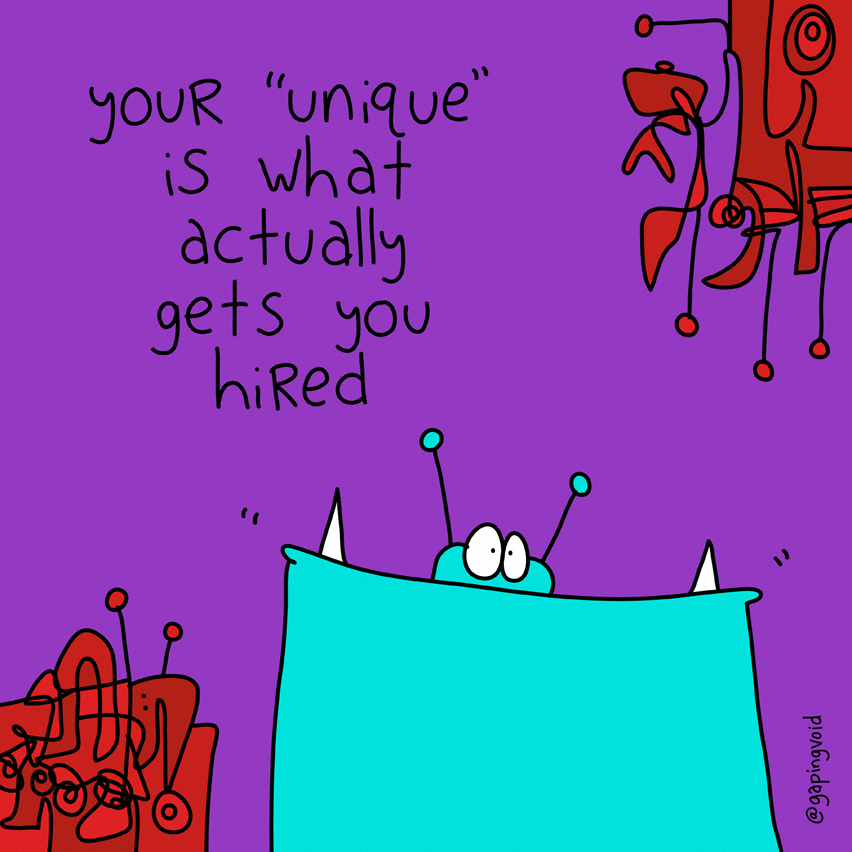
Who’s Hiring? See An Interesting Job? Now Apply!
Apply online to current openings found on:
- Organizational websites- Most organizations have a “careers” page for you to view current openings (and sometimes recruiter contact information which allows you to reach out in another way by sending your resume directly to that person!)
- Handshake- The UCC sponsored job board with thousands of postings specifically for U-M students.
- Broad job/internship boards- The two most popular are Indeed and LinkedIn. Use one of these to find out about opportunities at organizations you don’t already have on your prospect list.
- Industry specific job boards- Talk to people in your desired industry (hint: use alumni in UCAN!) to find out where jobs for specific industries are posted. For example, government jobs use USAJobs.gov and many nonprofit organizations use Idealist. Check out The Muse’s list of industry specific job boards.

What Can I Do Right Now To Stay Marketable?
- Sharpen materials:
- Use VMock and Targeted Resume for instant feedback.
- VMock uses artificial intelligence to show you how you can improve your resume while TargetResume gives you feedback on how your resume can be uniquely tailored to each internship or job posting you’re applying to.
- Together, these two resources give you a way to increase the odds of your resume landing in the hands of the person responsible for hiring and interview decisions. Hint: This is also a great topic for an appointment with a career coach.
- Handshake profiles matter. Make yours work for you.
- Do you want recruiters to see your profile on Handshake and reach out to you directly? Enhance your profile with the 3 must-haves for recruiters. This will significantly increase recruiter interest.
- And don't forget your LinkedIn profile too. In these days of virtual engagement, your online profiles are more important than ever. Here are a couple of great resources for tips on making your profile pop. LinkedIn and LearnLearnRetire.
- Use VMock and Targeted Resume for instant feedback.
- Prepare to ace a virtual interview (e.g., phone, Google Meets, Zoom, and more): While many of the same best practices apply to both in-person and virtual interviews, there are some unique considerations as well. Big Interview is a tool to help you learn the basics of interviewing and to practice answering interview questions.
- Build skills: Sharpen the skills that will be important in any future position or learn something totally new. Checkout free websites or apps: LinkedIn Learning, Kahn Academy, Udemy, Coursera, DuoLingo, and more. Some possible skills include:
- SPSS, SAS, Tableau and other data analysis tools
- Excel
- Google AdWords
- Learn a foreign language
- Learn a programming language
- Gain Experience: This could be a time to try new things or to get involved in your community. These are an excellent way to meet new people, build skills, and expand your interests.
- Create a website
- Launch a blog
- Create and share a video
- Volunteer in the community and offer your services to a community organization
- Micro-internships: Many employers offer short term, virtual, paid, professional experiences to get projects completed and to test potential applicants for permanent positions. For students, these practical experiences are great for skill building, testing out your interests, making some money, and getting a foot in the door. For access to paid micro-internships, check out: Parker Dewey, MindSumo (click I’m a problemsolver), and Forage. Please note that if you are an international student, for the micro internship, it is likely that you will need some type of work authorization, please visit the International Center to see if you are qualified for OPT/CPT before starting the internship.
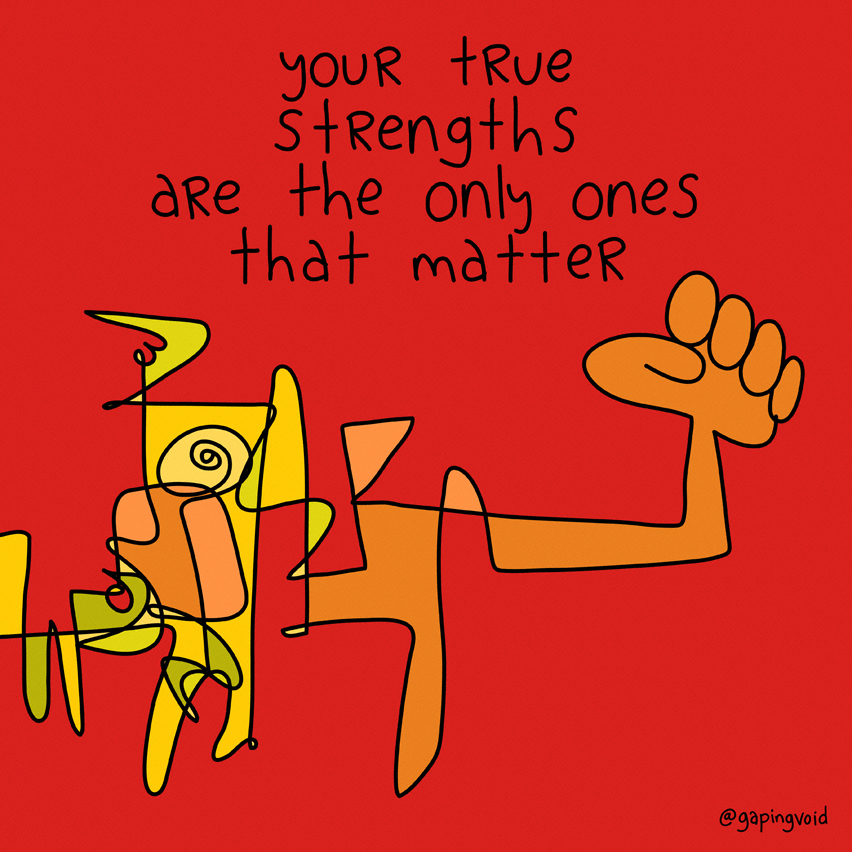
Congrats! You’ve Received An Offer!
Take a minute to celebrate your accomplishment. Your work has paid off! Before accepting the offer you’ll want to take a second to evaluate the offer on the table and consider if it’s right for you. Check out UCC's evaluating and negotiating offers page for advice on the things to consider once you’ve obtained an offer.
Whether this is your first career-related internship, or your first full-time position: the process you just went through is the same one you will use “the next time”, whenever that may be. Following this process works. Knowing your skills and how you can contribute in new environments makes a difference. Leveraging available resources (U-M and others) makes the process easier. Again, congratulations on THIS success!
